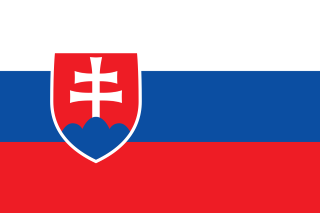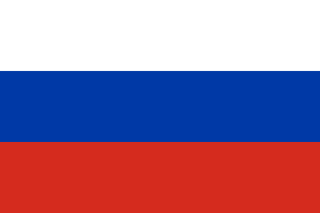| Place of Conference: Bratislava |
| Date of Conference: October 4 – 6, 2017 |
| Responsible Person: Peter Žeňuch |
| Organizers: Jan Stanislav Institute of Slavistics of Slovak Academy of Sciences, Slovak Committee of Slavists |
| The conference will be realized within current project APVV-14-0029 Cyrillic Literature in Slovakia until the End of 18 Century and supported using public funding also by Slovak Arts Council. |
The conference will be realized in collaboration with Slovak Committee of Slavists, Jan Stanislav Institute of Slavistics SAS (within current project APVV-14-0029 at JSIS in collaboration with Faculty of Theology of Trnava University), Cyrillo-Methodian Research Centre at Bulgarian Academy of Sciences, Institute of Slavonic Philology at Jagiellonian University in Krakow and Institute for Slavic Studies of Russian Academy of Sciences.
Approval of Slavic language in the liturgy is usually associated with papal blessing of translation of the Holy Scriptures and Old Church Slavic liturgical books (probably in 868). Nevertheless, the institutionalization process of Slavic liturgical language, which started before arrival of Thessalonian brothers Saints Cyril and Methodius to Great Moravia in 863 and continued approximately for 40 months until Cyril and Methodius left for Venice and Rome can be considered a historical and cultural phenomenon. Acceptance of Slavic liturgical language represents an important civilizing step important not only for Slavs and whole European cultural environment, but it is also a testimony about significant participation of Slavs in the formation of European culture and civilization. Development of each Slavic nation is related to the institutionalization of language of Slavic Bible, liturgical translations and Slavic literature. Translation of the Bible into Old Church Slavic completed an important period of formation of Slavic cultural environment. Even disintegration of the Great Moravian cultural environment, where there was the institutionalization of Slavic spiritual culture, did not signify its downfall. All religious traditions of Slavic East and West are considered heirs of this spiritual and cultural tradition created in synergistic system of Christian values with the participation of particular confessional traditions. Therefore, even confessional diversity is not associated just with church schism; Slavic population lived in various areas in which Latin and Byzantine confession prevailed. It also influenced spiritual and written culture of Slavs in varying degrees. This is evidenced by reverence for founders of Slavic written and spiritual culture not only in the church tradition of the Byzantine Rite, but also in Latin Church in the whole Slavic environment. This moment of common spiritual and cultural identity is a unique evidence of permanent cultural communication applied in diverse Slavic as well as in broader European area. Comprehensive view on these cultural developmental peripetia involves a complementary research on all its relevant parts. Therefore, current research in the field of Slavic linguistics, literary, historiographical and cultural science will be presented within conference and publication.








